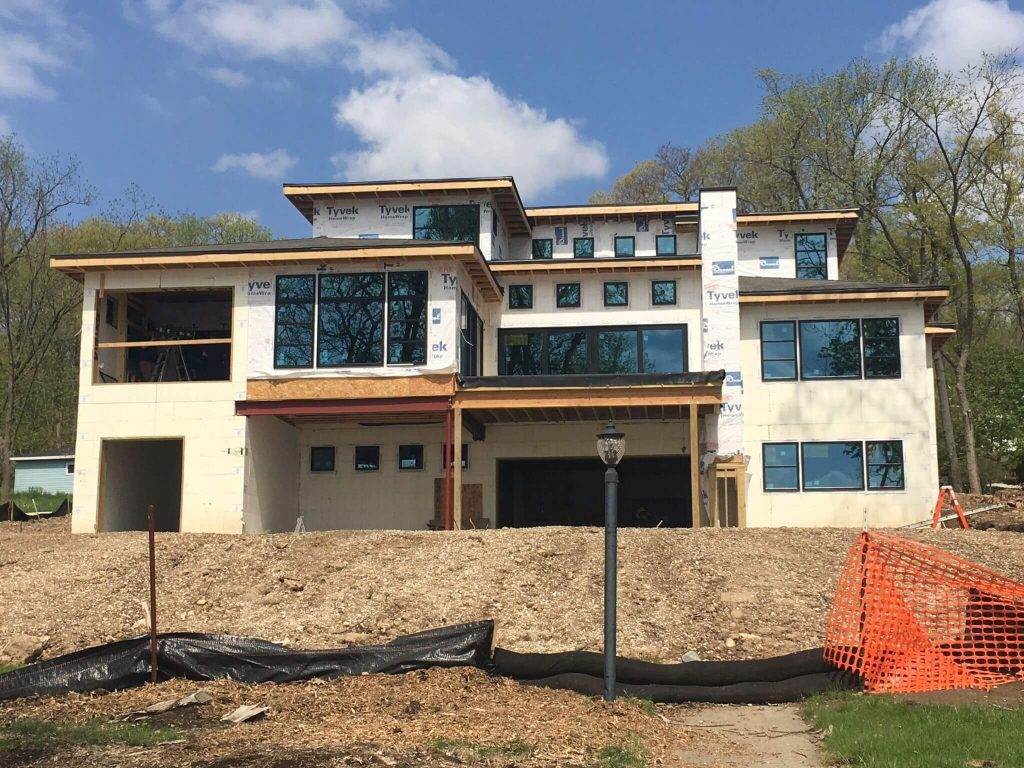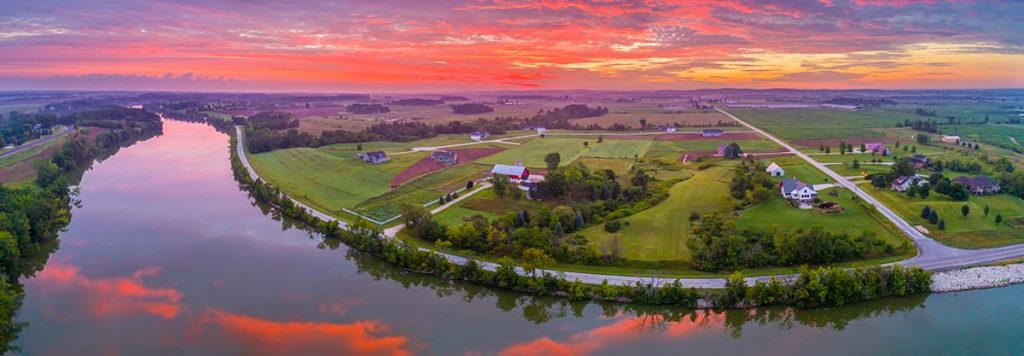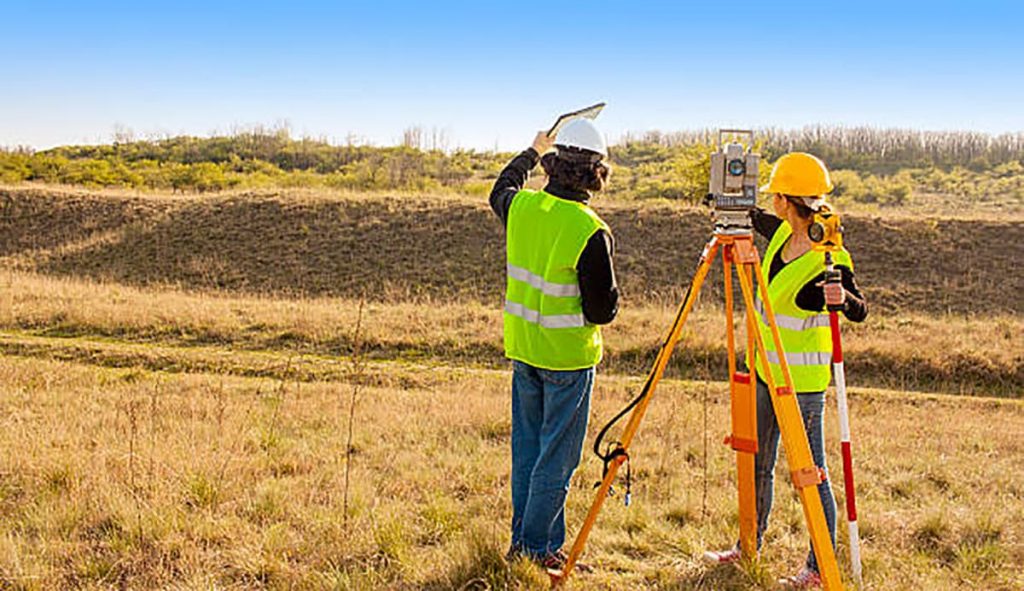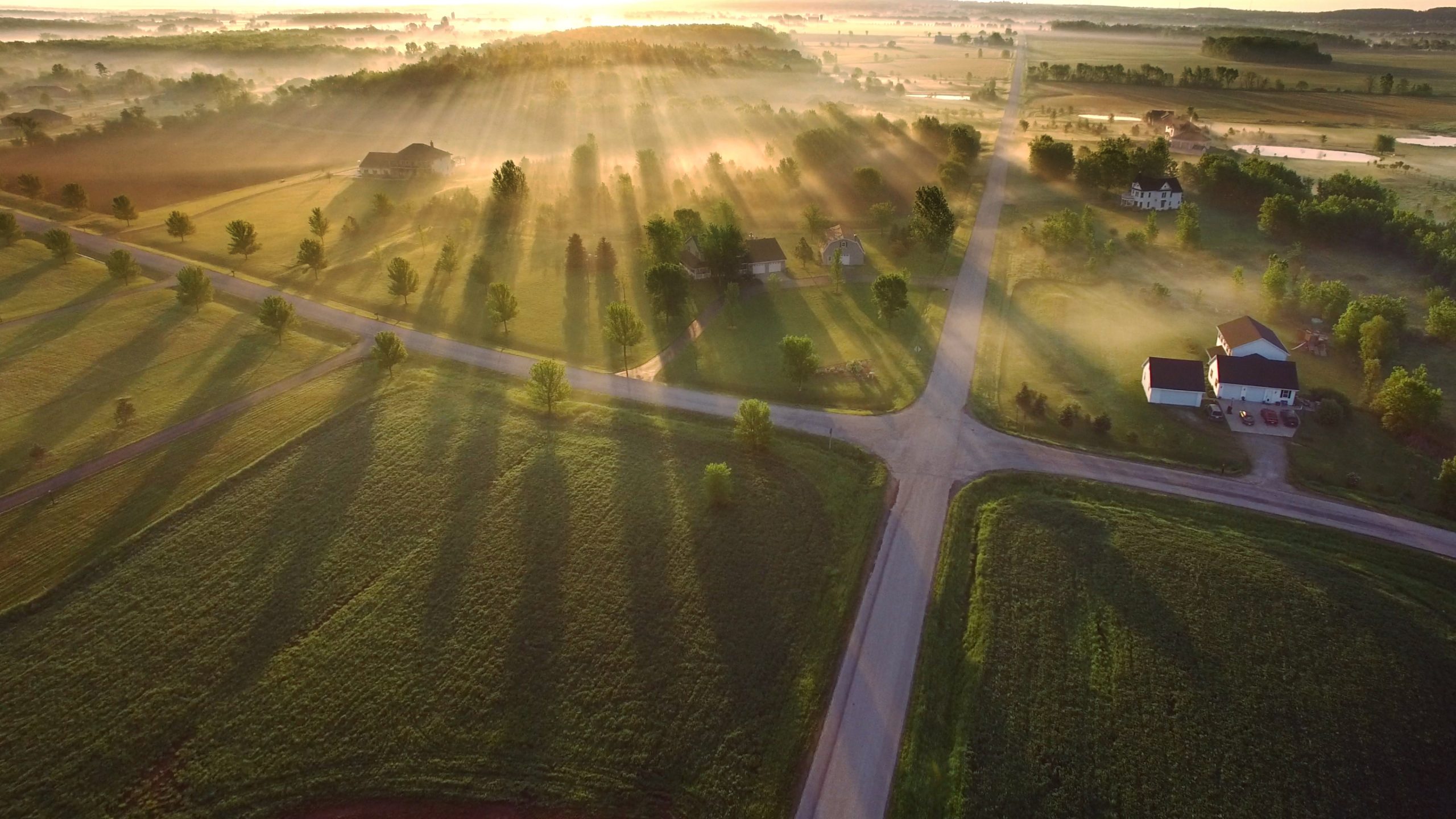Are you considering buying land in Wisconsin? This beautiful state offers a wide range of opportunities for land ownership, but it’s essential to ask the right questions before making a purchase. In this article, we’ll explore critical factors to consider, such as zoning, location, environmental factors, legal aspects, and financial implications. By the end of this guide, you’ll be well-equipped to make an informed decision and find the perfect plot of land in Wisconsin.
Zoning and Land Use
Residential vs. Commercial Zoning
First and foremost, it’s crucial to determine if the land is zoned for your intended purpose. Are you planning to build a home, start a business, or use the land for recreational purposes? Check with the local zoning authority to find out how the land is zoned and if there are any restrictions on its use. Zoning classifications typically include residential, commercial, industrial, and agricultural designations.

Agricultural Zoning
If you’re interested in farming or raising livestock, you’ll need to ensure the land is zoned for agricultural use. In Wisconsin, there may be additional restrictions on certain types of farming activities, such as large-scale livestock operations. It’s essential to understand these limitations before making a purchase, as they can significantly impact your plans.
Location and Accessibility
Proximity to Amenities
When evaluating a plot of land, consider its proximity to essential amenities, such as schools, shopping centers, hospitals, and public transportation. While a secluded, rural location might be appealing, it’s important to weigh the convenience of access to amenities against the desire for privacy and solitude.

Access to Utilities
Another critical aspect of a property’s location is its access to utilities. Consider whether the land has access to water, electricity, gas, sewer, or septic systems. If utilities are not already available, investigate the cost and feasibility of extending these services to the property. Connecting to utilities can be a significant expense, so it’s essential to factor this into your decision.
Environmental Factors
Flood Zones and Wetlands
Before buying land in Wisconsin, it’s important to be aware of potential environmental concerns, such as flood zones and wetlands. Check with the Federal Emergency Management Agency (FEMA) to determine if the property is in a flood zone. If it is, you may need to purchase flood insurance and comply with specific building requirements. Additionally, consult with the Wisconsin Department of Natural Resources to identify any wetlands on the property. Building in or near wetlands can be heavily regulated or prohibited, so it’s essential to understand these restrictions before committing to a purchase.

Soil Quality and Drainage
Another environmental consideration is the quality of the soil on the property. Conduct a soil test to determine if the land is suitable for your intended use, such as building a home, growing crops, or supporting a septic system. Soil quality can greatly impact construction costs, agricultural productivity, and overall property value. Additionally, assess the land’s drainage to ensure it won’t be prone to flooding or waterlogging after heavy rain.
Title and Legal Considerations
Property Boundaries
Before finalizing a land purchase in Wisconsin, it’s essential to verify the property’s boundaries. Consider hiring a professional surveyor to conduct a survey and provide a clear, accurate map of the land’s dimensions and boundaries. This will help prevent future disputes with neighbors and ensure you have a clear understanding of the property’s size and layout.

Easements and Encroachments
An easement is a legal right allowing someone to use a portion of your property for a specific purpose, such as accessing an adjoining property or installing utility lines. Encroachments, on the other hand, occur when a neighbor’s structure or improvement extends onto your property. Before buying land, review the title report and consult with a real estate attorney to identify any easements or encroachments that could impact your use and enjoyment of the property.
Financial Aspects
Property Taxes
When purchasing land in Wisconsin, it’s important to understand the property taxes associated with your investment. Research the property’s tax history and inquire about any pending assessments or tax increases. Keep in mind that factors such as the land’s location, zoning, and improvements can affect the tax rate, and these rates may change over time.

Financing Options
Buying land typically requires a different type of financing than purchasing a home with a traditional mortgage. Explore your options for land loans, which may include banks, credit unions, or specialized lenders. Be prepared to provide a larger down payment and face higher interest rates, as land loans are generally considered riskier investments. It’s essential to secure financing before making an offer on a piece of land.
Need Help Deciding What Land to Build on? Contact Ware Design Build
At Ware Design Build, we bring over 40 years of experience and an award-winning team to assist you in finding the perfect land for your custom home. We take pride in being your trusted partner throughout the home-building journey. Get in touch with us today to discover the ideal approach to land acquisition and new home construction.

